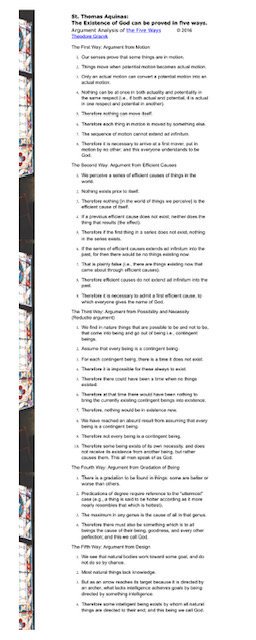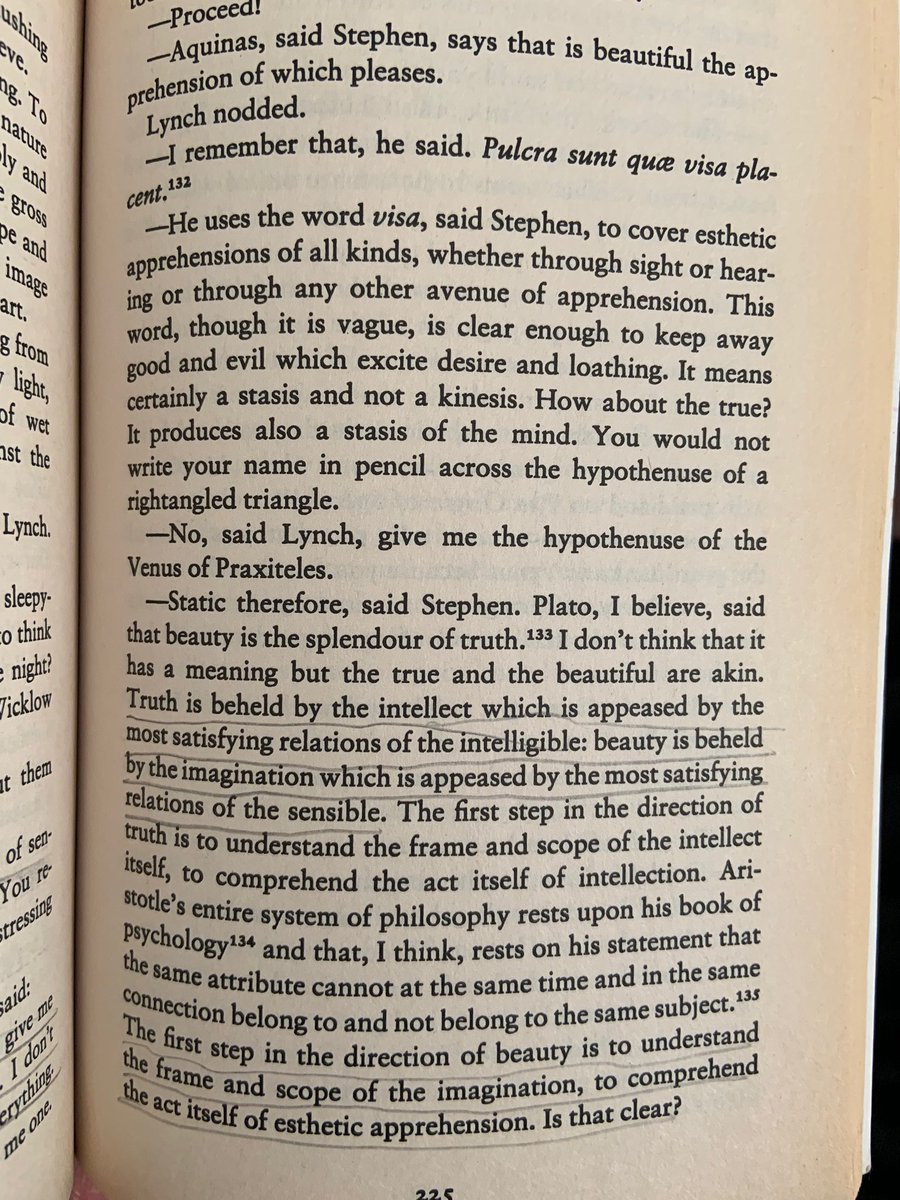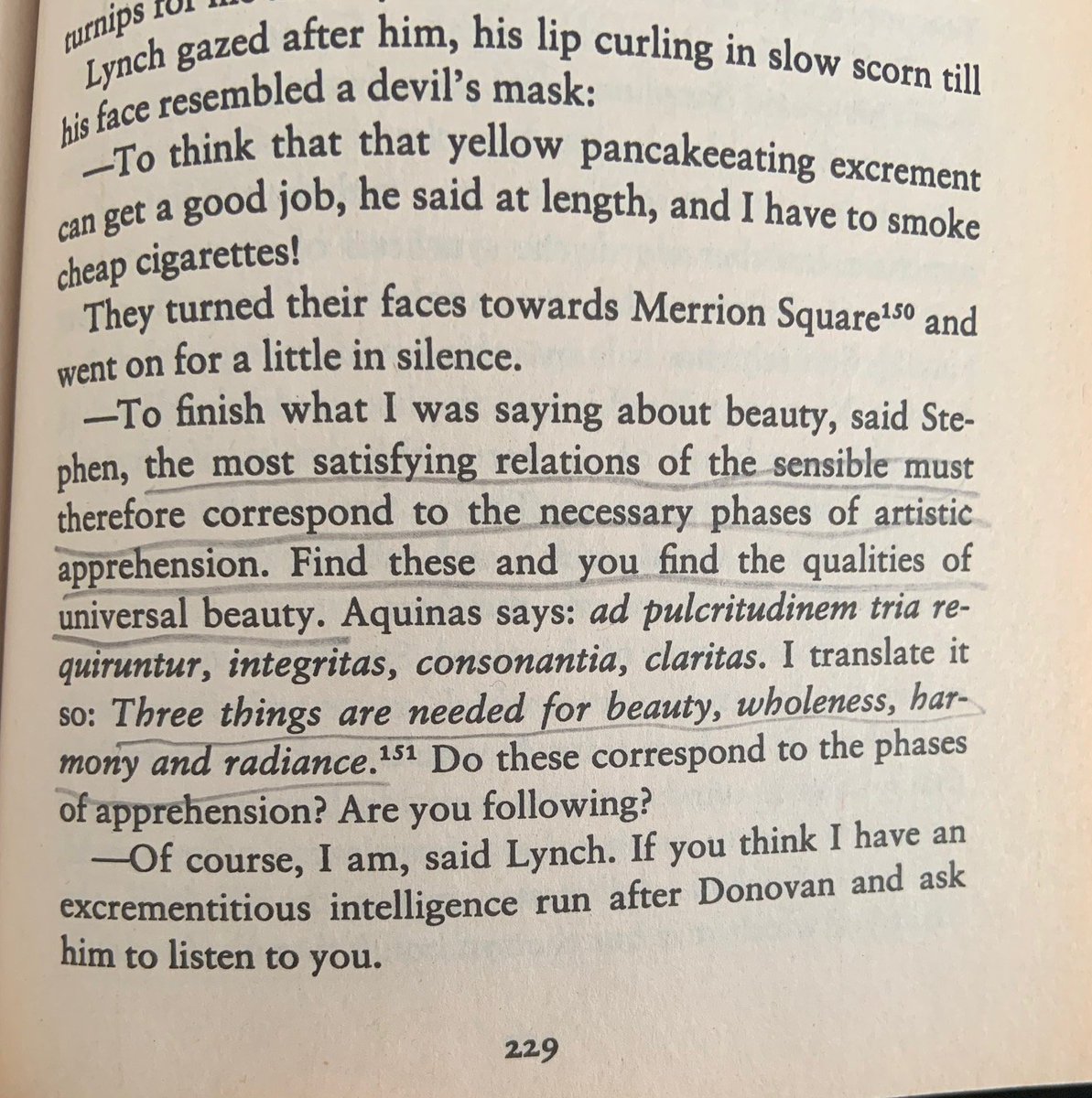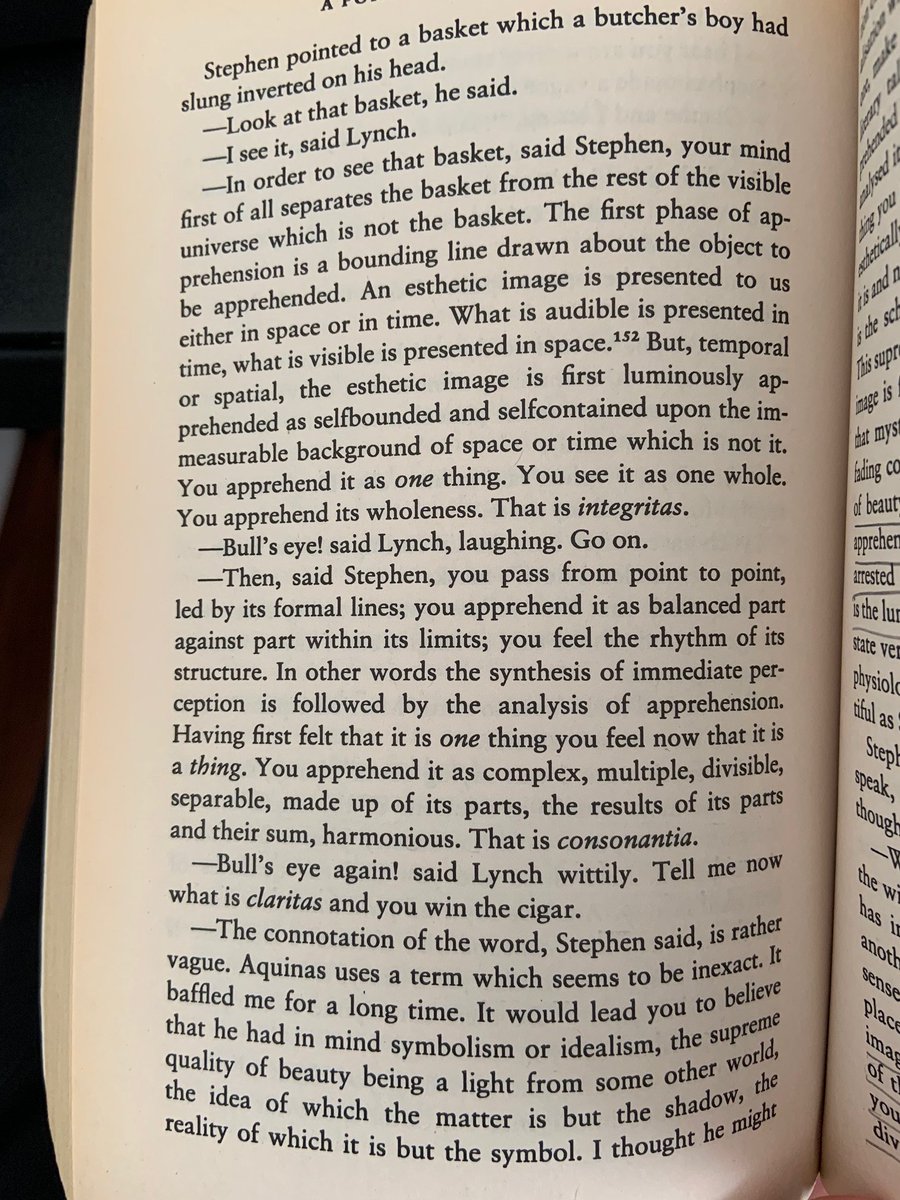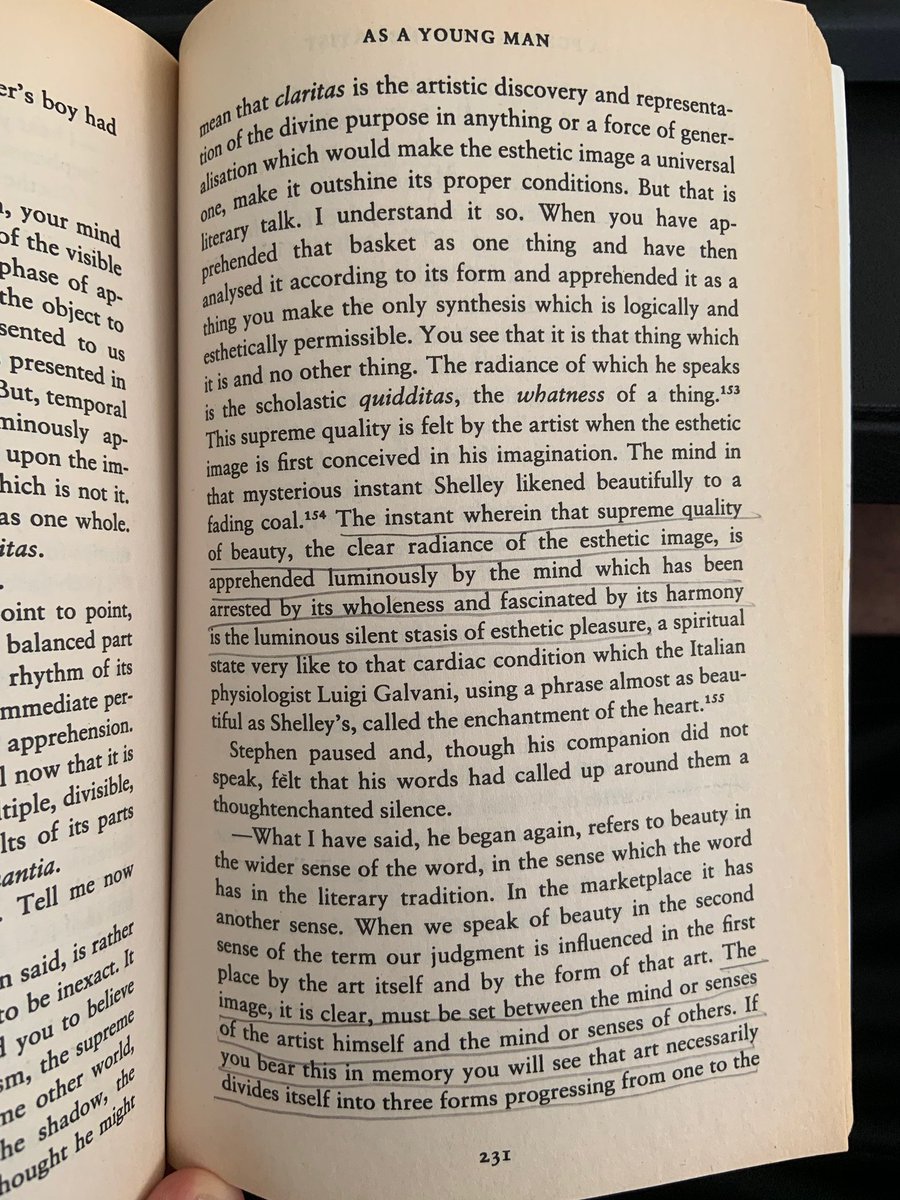So, there’s a thing about the New Atheists and their sympathizers which is, to me, both infuriating and, when viewed from another perspective, a secret source of delight.
An example of this can be found here: https://podcasts.apple.com/us/podcast/critical-look-at-1619-project-glenn-loury-john-mcwhorter/id505824976?i=1000449541733
An example of this can be found here: https://podcasts.apple.com/us/podcast/critical-look-at-1619-project-glenn-loury-john-mcwhorter/id505824976?i=1000449541733
Around the 7 minute mark John McWhorter (who generally uses the word “religion” as a catch-all term for things he finds irrational and silly) claims the 1619 project reminds him of:
“The courses I used to teach here at Columbia on the Scholastics, on the kind of philosophy...
“The courses I used to teach here at Columbia on the Scholastics, on the kind of philosophy...
..where you’re sitting there waiting for the person to be a philosopher but it can’t quite happen yet because it’s 1200 AD and anybody who calls themselves a philosopher has to base everything on certain Christian tenants, and so...
...what you’re supposed to be all about is proving the existence of God, and anything that strays from that, and Lord forbid anything that questions that is simply not allowed, and so it’s almost hard to teach this stuff because it can’t get away from that...
... Thomas Aquinas is a very tough thing to teach, as brilliant as he was.”
Ok. First off, here is the Summa, and here are Aquinas’ proofs of God. As you may surmise, there a few other things in there. Perhaps even things relevant to understanding the modern world, like...
Ok. First off, here is the Summa, and here are Aquinas’ proofs of God. As you may surmise, there a few other things in there. Perhaps even things relevant to understanding the modern world, like...
A theory of natural law critical to the development of, well, all sorts of things, but let’s start with the concept of human rights
(side note: one key influence on the 1948 United Nations Universal Declaration of Human Rights was Jacques Maritain, head of the French delegation to UNESCO and important Thomist philosopher).
Etc. This is just me working off the top of my head. I’m not a Thomist scholar, or someone with a special interest in Thomism, or, say, a professor whose job is to teach people about Aquinas. I am, however, a Catholic, which makes me a guy who is not so utterly contemptuous...
of religion that I’d blithely assume someone's thought is stunted because they believe in God.
Secondly, this is not the sort of thing you would say about anybody else whose thought you find outdated. Nobody thinks Plato is hard to teach because it’s 400 BC...
Secondly, this is not the sort of thing you would say about anybody else whose thought you find outdated. Nobody thinks Plato is hard to teach because it’s 400 BC...
...and he believes in the forms, or that Kant is hard to teach because it’s the 18th century and Quine won’t attack the analytic-synthetic distinction until the 20th, or that Hobbes is hard to teach because his image of man in a state of nature has little to do with what we...
... now suspect about how man lived in a state of nature. Here you’ve got one of the great minds of Christianity, a thing which is both still around and which has had a not insignificant impact on world history, and you think he’s hard to teach because his project is religious?
Thirdly, Aquinas’ thought isn’t outdated. You may not believe in his system. That’s fine. Philosophers generally don’t believe in other philosophers’ systems. “Here is how everyone but me is an idiot” is a common starting point.
But the largest Christian denomination in the world is all about Thomism (see Pope JPII’s Fides et Ratio), so not only is it historically important, it’s important for understanding one of the most important institutions in the modern world today.
So it’s fairly obvious that to say such a thing about Aquinas is silly and the product of what feels like a willful ignorance. And this is a general trend with New Atheist sorts. I mean, Christopher Hitchens, of all people, was one of the Four Horsemen of New Atheism.
Christopher Hitchens? That avatar of empiricism and rationality? Look, I enjoy a Hitchens quip as much as the next man, but can we stop pretending there was any degree of rigor to his thought, about religion or anything else? Half the time he was just making stuff up.
Examples: when he dismissed the importance of religion to the civil rights movement, blamed modern slavery on the Koran, and claimed that disputes over the early gospels cost countless lives, and so on and so on.
Then there’s Sam Harris, the guy who thinks he has defeated Hume’s is-ought distinction, and whose first book begins with a description of a young man killing himself and countless others and asking you to guess the young man’s religion. “Muslim!” you were meant to scream.
No doubt it seemed like rock-solid logical argumentation in 2003. Here’s a list of mass shootings in America. Can you guess the religion of the suicidal killers?
https://en.wikipedia.org/wiki/List_of_mass_shootings_in_the_United_States
https://en.wikipedia.org/wiki/List_of_mass_shootings_in_the_United_States
And then there's the history. Fukuyama’s The Origins of Political Order, for example, shows a deeply knowledgeable person trying to understand how religion fits into history. The End of Faith is a tour de force of basic ignorance about most of the theories out there.
And this is, I suppose, the source of secret delight at McWhorter-style comments. The subtext is a belittling of believers, a suggestion the speaker is full of wisdom and (generally scientific) knowledge, when what is really being displayed is the speaker's howling ignorance.
In the 90’s, a weakly articulated humanism seemed the default, and it was easy to encounter the sense, among a certain type of intellectual, that there was something faintly embarrassing about religious belief.
The service the New Atheists provided to the religious was that, with their commercial success, they revealed what this attitude was often based on: ignorance, gullibility about dubious and easily fact-checked claims, and irrational contempt.

 Read on Twitter
Read on Twitter
